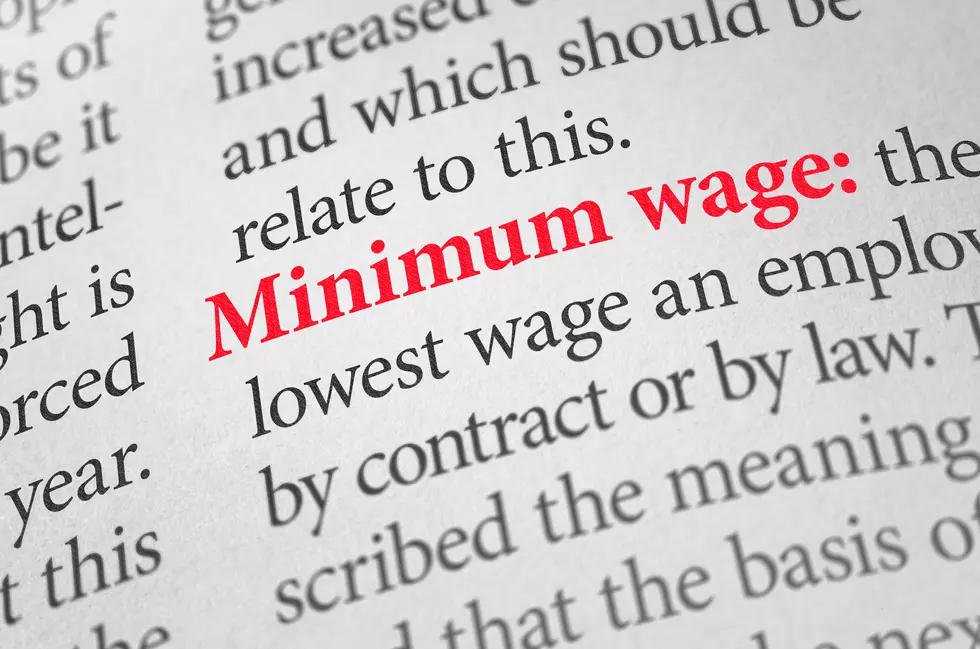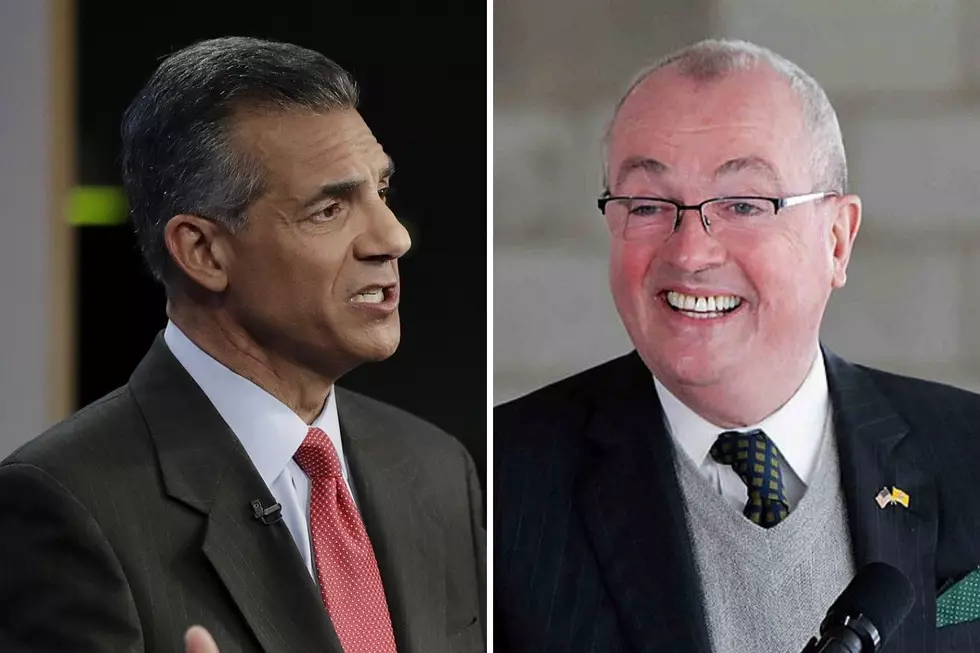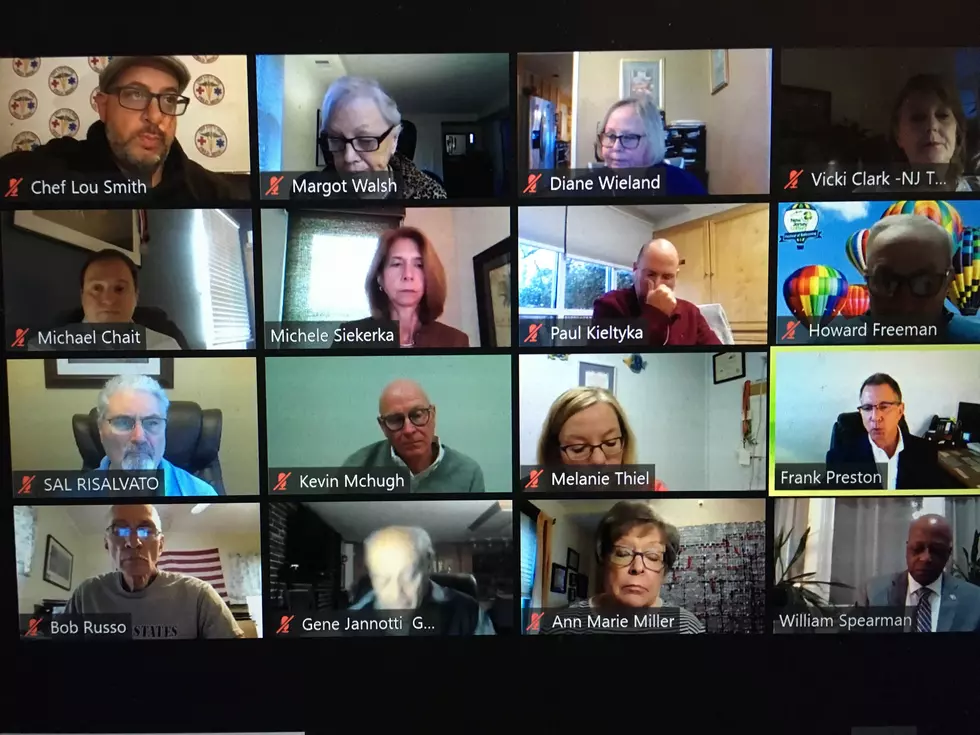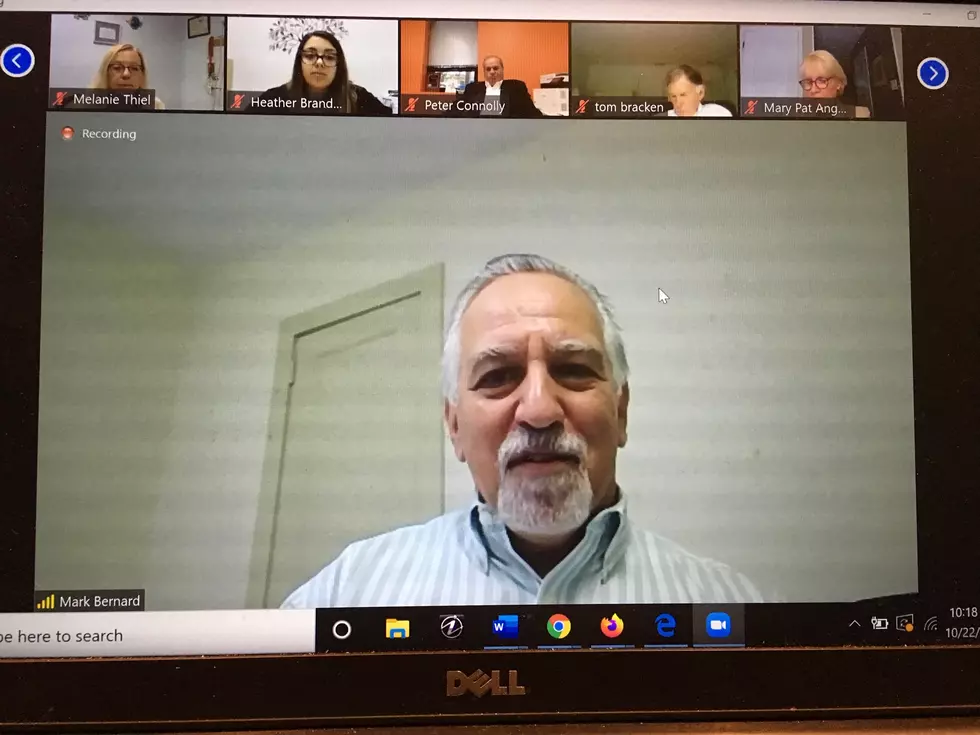
Record-high reporting of offensive comments at work, poll says
What a difference a year makes, when it comes to offensive comments at the workplace.
According to the fifth annual New Jersey State of Diversity Survey, commissioned by Taft Communications and the New Jersey Business & Industry Association, more workers in New Jersey say they're hearing comments that could be viewed as offensive to marginalized groups including racial and ethnic minorities; women, Muslims, Jews and the LGBTQ community.
In all categories, the share of respondents who said they hear such comments "very often" or "occasionally" was at the highest levels since the poll launched in 2016. And the findings suggest the way comments are interpreted likely varies by generation.
"Right now, 28% say that they very often or occasionally hear things that can be offensive to racial and ethnic minorities — compared to 16% last year and 19% in 2016," said Krista Jenkins, director of the Fairleigh Dickinson University Poll, which conducted the survey.
Compared to 14% last year, 24% of 2020 poll respondents said they've at least occasionally heard comments that could be considered offensive to women.
Sharp differences were recorded by age and political affiliation. More than 40% of respondents in the 18-34 age range said they very often or occasionally hear things that could be considered offensive to racial and ethnic minorities, compared to 17% of respondents aged 55 and older. An age gap is registered in all five categories.
"By and large, Republicans were less likely than Democrats to report hearing things that some would find offensive to women and minority groups," Jenkins added. "This could be a reflection of the parties operating as a prism through which people evaluate workplace banter. Regardless, these differences mark yet another way that political party differences are increasingly seen in regard to seemingly apolitical issues and behaviors."
According to the poll, 39% of workers felt that they themselves have experienced discrimination based on race, gender, religion or sexual preference. This was cited more often by women and non-white respondents.
"This continues to be a very profound moment in our nation's history as it relates to racial and gender inequities," said NJBIA President and CEO Michele Siekerka. "The timely results of this year's survey further justify the need to take full stock of our works and actions if we truly want to effectuate meaningful change in the workplace."
The 506 survey respondents were polled towards the end of June, on whether "over the past year," they've "overheard things at work that might be considered offensive to certain groups." Poll results do not indicate whether workers heard these comments in the physical workplace, during phone/video calls that have taken center stage during the pandemic, or both.
"Taft's fifth annual diversity poll took place against a background of renewed and overdue focus on issues of race and racial justice facing New Jersey, the nation, and the world," said Taft President Ted Deutsch.
Deutsch said while the responses from younger New Jerseyans are encouraging, the increased reports of offensive remarks, along with a large chunk of workers claiming they've experienced discrimination themselves, are a "sobering reality check."
Contact reporter Dino Flammia at dino.flammia@townsquaremedia.com.
UP NEXT: See how much gasoline cost the year you started driving
More From New Jersey 101.5 FM









